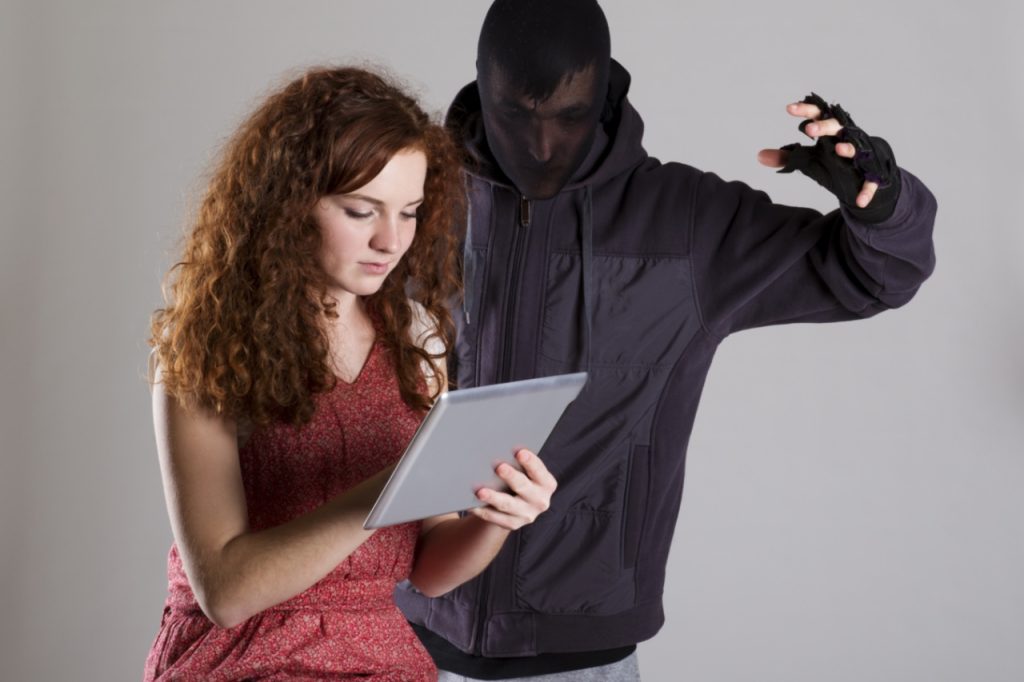In 2022, cybersecurity is more important than ever in every aspect of our online lives, especially when it comes to social media.
Social media accounts are irresistible targets for cybercriminals. It is because they offer glimpses into your personal life that often make it easy to guess passwords and the answers to security questions.
Furthermore, cybercriminals exploit social networks to spread malicious software such as ransomware. Hackers can use a single hacked profile to send messages containing dangerous links to countless unsuspecting friends and followers.
But what can you do to keep yourself and your friends safe? Here are five strategies to step up the security of your social media accounts.

How Can You Best Protect Yourself When Using Social Media?
Let’s discuss social media security tips and how to protect yourself on social media.
Upgrade Your Passwords
To start with, make sure to choose complex passwords for all of your accounts, from Facebook to Instagram.
You’ve probably heard this advice countless times before. But perhaps, like many people, you still haven’t taken it to heart.
Weak passwords are responsible for the majority of account hacks. This is hardly surprising. According to recent data, the most common passwords in 2021 were still “123456”, “qwerty” and “password.”
Choosing a secure password, on the other hand, can make it almost impossible for a hacker’s algorithm to crack your account.
Activate 2FA
Next, activate two-factor authentication (2FA). It means you have to confirm your logins to your social media accounts on a separate device.
Overall, it takes an extra minute before you can access your timeline. But activating 2FA makes a massive difference in terms of cybersecurity.
In fact, it prevents 99.99% of automated attacks, according to a report by Microsoft.
Yet most of us are unwilling to take the extra seconds to log into our account for the sake of cybersecurity. Twitter, for example, recently revealed that only 2.3% of its users had activated 2FA.
Set Your Accounts Private
Another crucial step towards cyber-securing your social media life and preventing identity theft is to set your accounts private. Make sure that only trusted network members can see what you post.
Many people don’t mind their profiles being public because they don’t post anything they wouldn’t want the world to see. But even innocent posts can give hackers ammunition.
For instance, by leaving your list of Facebook friends or workplace information public, you give anyone insights into your social and professional contacts. But unfortunately, this makes it much easier for cybercriminals to launch targeted attacks.
You can also hide your friends list on Facebook.
For instance, you might receive an email from a “colleague” asking you to RSVP for a retirement party. However, when you click on the link in the mail, you download malicious software instead.
Review Your Network
Once you’ve adjusted your privacy settings to only those people in your network can see your content, review who those people actually are.
Many of us give little thought to adding people to our Facebook friends list, for example. The average user has 338 friends. And 15% of users have over 500.
Make sure to vet people in your network and hide content from those you don’t know well or don’t trustfully. It will take some time and effort, but it is worth it in the end.
Never Click on Unexpected Links
How to avoid getting hacked on social media?
Finally, you need to be vigilant regarding cyberattacks on social media.
For hackers, stealing someone’s social media profile is a massive opportunity. They can send messages in someone else’s name to many people, few of whom will think twice about clicking on links or opening attachments.
However, you will install malicious software, often ransomware, on your device in doing so. The best way to prevent this from happening is to stay on your guard. If you receive a message from one of your contacts out of the blue, think twice about clicking on any links or opening files. Especially if the message itself is vague, just saying something along the lines of “Hey! I saw this and thought it would interest you!”
If you have any doubt, call or email the person in question to see if they really sent that message. If they didn’t, you’d have to let them know that you spotted signs of identity theft.
Conclusion
How can you best protect yourself when using social media? You can follow our tips and tricks to protect your social media accounts from hackers.
Social media is an inextricable part of most of our lives. But it’s also often a huge vulnerability in terms of cybersecurity.
By checking the boxes listed above, you can ensure that your profiles are secure – and leave cybercriminals frustrated.